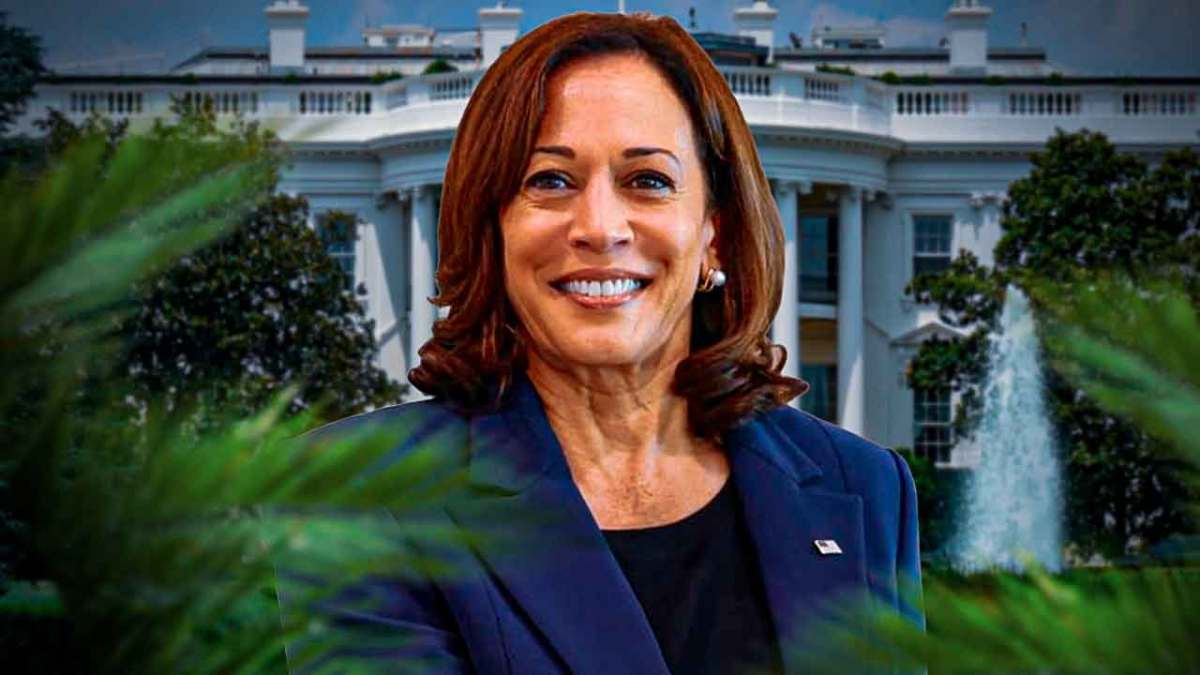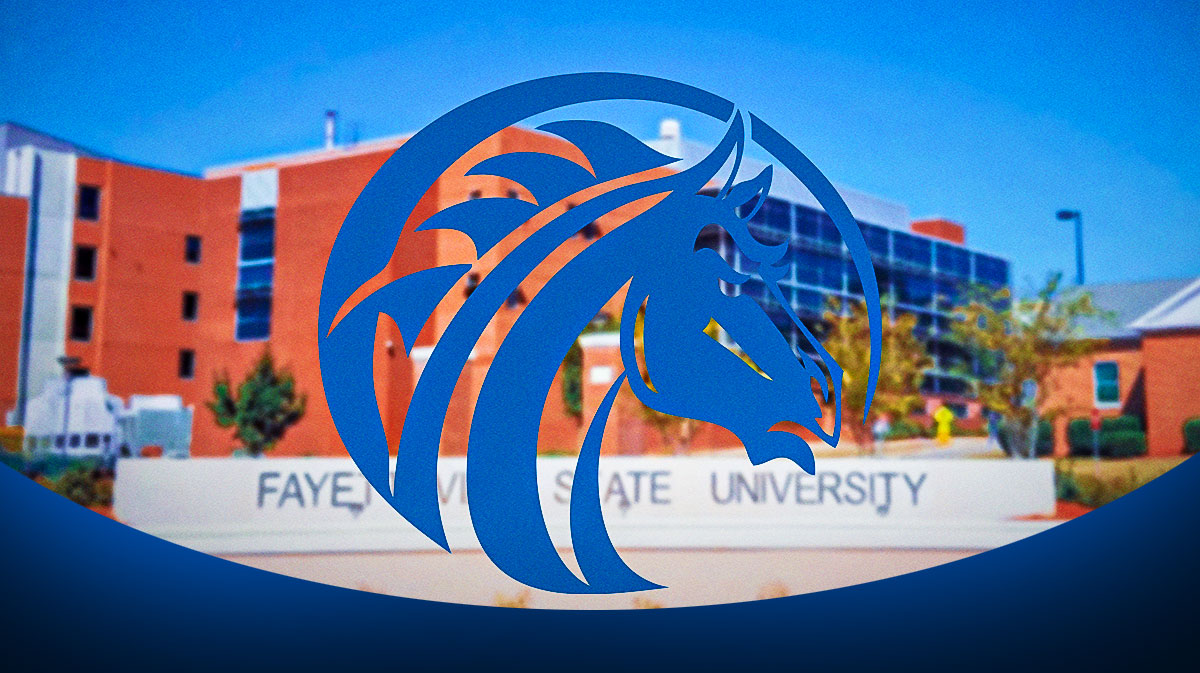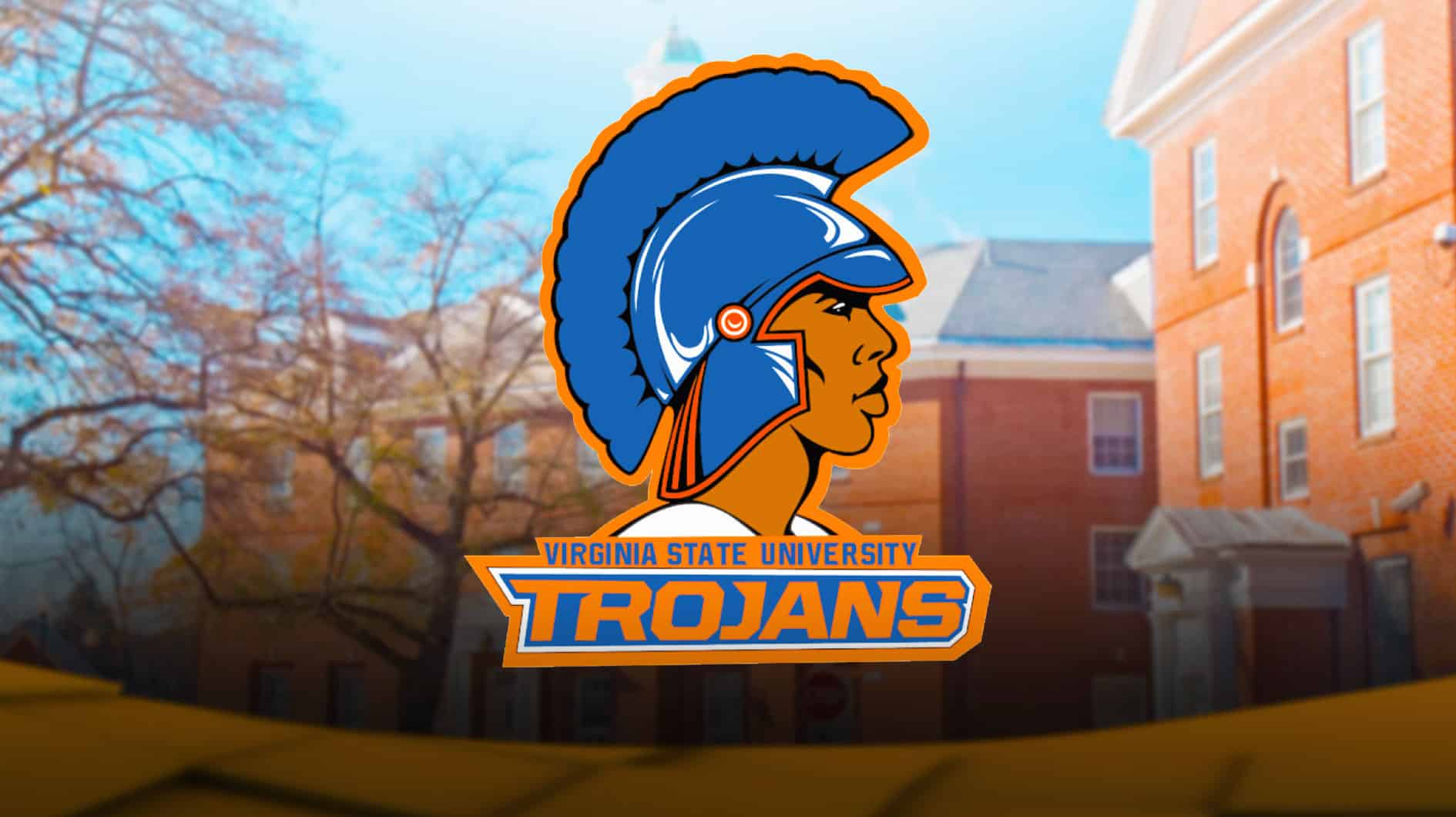If you have ever attended an HBCU, then you know how easy it is to talk about your beloved alma mater. Vice President Kamala Harris is the same way; she never fails to mention her time at Howard University and the everlasting impact it had on her. She also never fails to mention her sorority, Alpha Kappa Alpha Sorority, Inc. Researchers have found that Harris speaking about her college experience on various occasions has shined a spotlight on all HBCUs. They are calling it ‘The Kamala Effect.’
“Multiple times throughout the convention, [political leaders or attendees] shouted out HBCUs—you can hear the crowd cheering and screaming. It’s bringing ‘HBCU’ into the American lexicon; it’s becoming a household term,” said Strayhorn, a professor of education and psychology at Virginia Union University (VUU), an HBCU in Richmond. “There are also people who are likely hearing the term and getting familiar with it, are associating it with Kamala, and that correlation is at the center of this report.”
A study titled ‘The Kamala Effect’: Measuring Harris’s Influence on HBCUs was released this month by a consulting firm called Do Good Work LLC. Do Good Work LLC’s main goal is to improve student success. Strayhorn and Johnson used an online program that scraped data from Facebook, Instagram, LinkedIn, and X to perform their research. The two set out to find six key performance indicators in social media posts, analyzing mentions, sentiments, interactions, likes, and shares related to Harris and HBCUs.
“We saw an uptick across the board in interactions, shares, and likes,” said J’ Quen Johnson, a Ph.D. candidate at the University of the Cumberlands and director of research at Do Good Work.
In addition to noticing an overall increase in favorable mentions of HBCUs, their research also found a matching rise in negative mentions of HBCUs. Johnson and Strayhorn concur that institutional leaders at HBCUs should expect more criticism and attacks, particularly if Harris wins the race in November.
It will be interesting to study Harris’s possible influence on HBCUs through November and beyond, according to Strayhorn and Johnson. They are unsure if her prominence will lead to more young women joining Alpha Kappa Alpha or if it will raise awareness, applications, and enrollment at HBCUs.
“This is what’s possible when America lives up to its values, making sure that everyone, including Black women, have access to living their dreams, sitting in the highest seat of leadership,” said Strayhorn. “We do believe the Kamala Effect will be observed for years to come.”





